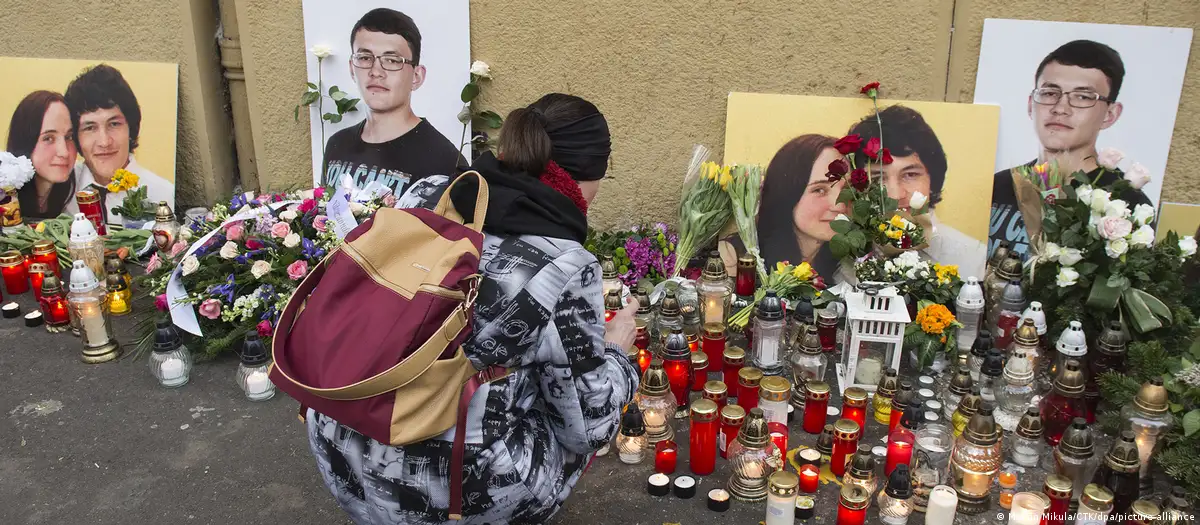
Palestinian Photojournalist Anas Fteiha Sues Axel Springer Over Hamas Propaganda Claim
September 14, 2025
“Telling Stories of Gun Violence Deaths Almost Cost This Reporter His Life”
September 15, 2025September 15, 2025 – UK –
MI5 has formally conceded that it unlawfully acquired communications data belonging to Vincent Kearney, a former BBC Northern Ireland home affairs correspondent, during two instances in 2006 and 2009.
The data in question came to light in a letter addressed both to Kearney and the BBC, with the revelation emerging as part of a tribunal examining whether journalists in Northern Ireland have been subject to improper surveillance by police and security services. Kearney, who is now the Northern Editor for the Irish broadcaster RTÉ, had worked on a documentary investigating the independence of the Police Ombudsman’s Office for Northern Ireland.
In acknowledging the wrongdoing, MI5 admitted that its actions breached Article 8 (privacy and family life) and Article 10 (freedom of expression) of the European Convention on Human Rights. The concession marks the first time MI5 has publicly admitted in tribunal proceedings that it both accessed a journalist’s communications data and acted unlawfully in doing so.
BBC officials described the admission as “a matter of grave concern,” calling into question how the security service monitored and gathered data. Vincent Kearney’s barrister, Jude Bunting KC, characterized MI5’s actions as representing “serious and sustained illegality.”
The tribunal was also told that, beyond MI5’s unlawful data retrievals in 2006 and 2009, there had been admissions by police forces concerning obtaining and retaining Kearney’s communications data in 2012, and that some of this data was passed to Durham Constabulary in 2018.
Reactions from civil society were swift: Amnesty International’s Northern Ireland director called the disclosure “profoundly alarming,” emphasizing that protection of journalistic sources is fundamental to a free press, not a discretionary privilege. The admission underscores broader concerns about oversight, transparency, and accountability of the UK’s security agencies in relation to journalists.
Reference –




